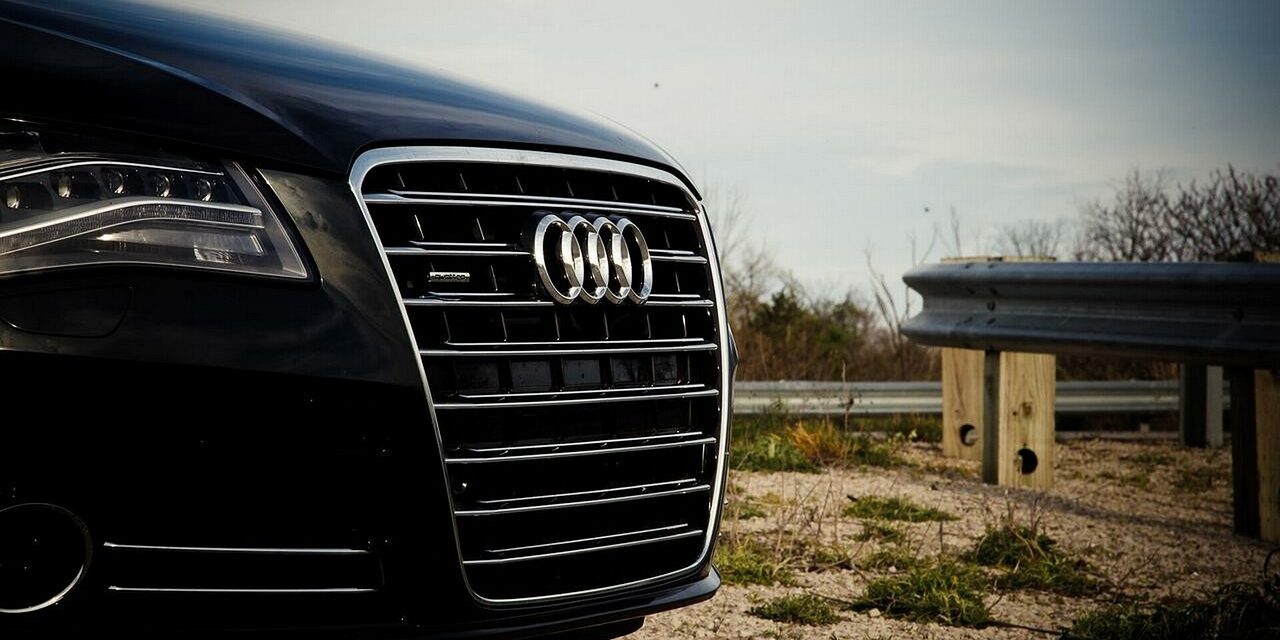It is difficult to say whether to cry or laugh at the series of wrongdoings by the EU bureaucracy, but one thing is certain: they hurt, but very much.
The Megdönteni Hajnal Tímeát , apart from the crosstalk in the title, has of course nothing to do with the reality that can hardly be called romantic and cheerful, in this case, the switch of major European car manufacturers to electric, with its maiden name, green.
A prime example of this is that they don't take electric cars, but demolishing or relocating factories is not an easy process either.
According to Economix, which can hardly be accused of being pro-government, Audi's Brussels plant and its ordeal have now become a direct symbol of the fact that it has become too expensive to maintain electric car manufacturing units on the EU market. The Belgian factory has been producing various Volkswagen models since 1949, but Audi still plans to shut it down in its current form and/or sell it to another automaker.
"They are faced with exactly two options: either they convert the factory to the production of other models and parts of the Volkswagen Group, or they sell it to competitors"
Peter D'hoore, director of communication at the Audi factory in Brussels, told Euronews .
At the same time, it was also revealed that none of the offers received so far met the Volkswagen Group's criteria for potential buyers or investors. (Audi is also one of the ten brands belonging to the concern.)
Audi in Brussels employs three thousand people, plus another thousand in the so-called related industries. And the unions are putting a lot of pressure on the automotive company, demanding that the plant be given to the bidder that guarantees the preservation of the most jobs. Also, after the rally that paralyzed the Belgian capital in mid-September, the unions threatened further strikes and demonstrations.
The union members criticize not only Audi, but the entire European car industry because, during the transition to the production of electric cars, it has so far focused primarily on the production of models that are unaffordable for ordinary people: the flagship model, the Q8 e-tron electric SUV, manufactured at Audi's factory in Brussels its list price, for example, is around 80,000 euros (more than HUF 30 million).
Automakers wanted to make big profits immediately with electric vehicles and cannot accept that the transition period will bring less dividends and profits. That's why they put everything on the big, luxurious, extremely expensive models, but European citizens can't afford them. So now there is overproduction in Europe, and that is why concerns like Volkswagen want to close factories in Belgium and Germany
- said Hillal Sor, Metallos FGTB trade union representative.
The paper notes that the unions did not aim to return to the production of cars powered by internal combustion engines, that is, they are not against the ecological transition itself and the rise of electric cars.
The sales data really confirm the objections of the trade unions, because in the first eight months of this year, around 902,000 electric cars were bought in the European Union, which
12.6 percent of all cars sold.
Featured image: Illustration/Pixabay













